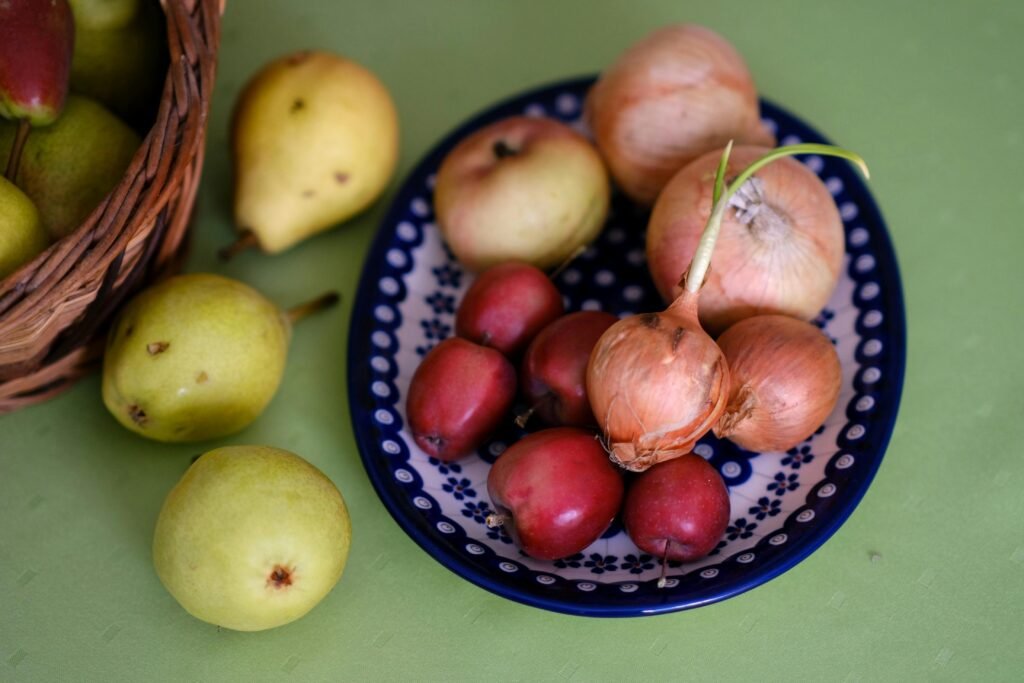
The Longevity Puzzle Men Are Finally Solving
Men today are living longer than their fathers and grandfathers, but longevity isn’t just about extra years—it’s about maintaining energy, function, and clarity through those years. The old adage ‘you are what you eat’ has never been more accurate. Emerging research reveals a deep connection between diet and biological aging. The right nutrition doesn’t just slow decline—it can actively help repair and rejuvenate cells, regulate inflammation, and preserve hormonal balance.
The men’s longevity diet is no longer guesswork. It’s a science-informed approach designed to address male-specific aging risks: cardiovascular strain, metabolic slowdown, hormonal dips, and neurodegeneration. And it all starts with understanding how specific nutrients interact with your biology.
What Aging Actually Looks Like Inside Your Cells
Aging, at the cellular level, involves a gradual loss of function. Mitochondria—the energy factories—start producing less power. DNA gets damaged faster than it can be repaired. Telomeres (the protective caps on chromosomes) shrink with each cell division. Chronic inflammation, or ‘inflammaging’, becomes a silent driver of disease. All of these processes are accelerated by poor diet and can be slowed—or in some cases reversed—by key nutrients and dietary patterns.
That’s why focusing on foods for cellular repair isn’t a trend—it’s essential. Nutrients like polyphenols, omega-3s, magnesium, zinc, and certain amino acids have been shown to support repair mechanisms, fight oxidative stress, and maintain immune resilience in aging males.
The Anti-Aging Nutrient Spectrum: More Than Just Vitamins

Men’s bodies after 40 begin to shift metabolically and hormonally. Testosterone drops. Muscle mass declines. Insulin sensitivity wanes. To counteract this, the longevity diet targets an array of anti-aging nutrients for men:
- Omega-3 fatty acids – Found in fatty fish, flaxseeds, and walnuts, they reduce systemic inflammation and improve brain function.
- Magnesium – Crucial for over 300 enzymatic reactions, including muscle and nerve function, often low in older men.
- Polyphenols – Present in berries, olive oil, and dark chocolate, these compounds protect against cellular aging.
- Zinc – Supports testosterone production and immune defense, found in oysters, beef, and pumpkin seeds.
- CoQ10 – A mitochondrial booster found in organ meats and supplements, declining with age but vital for energy metabolism.
What’s critical is how these nutrients work in synergy—not isolation. A plate of salmon with sautéed spinach, olive oil, and a side of quinoa can deliver dozens of compounds with overlapping longevity benefits.
Debunking the Protein Myth: How Much Is Too Much?
Protein has long been a cornerstone of men’s health diets, and for good reason: it preserves lean muscle mass, supports hormone levels, and aids in recovery. But is more always better? Not necessarily.
Recent nutrition science for healthy aging suggests that excess protein, especially from processed meats or isolated powders, may stress the kidneys and increase inflammation. Instead, aim for a moderate intake—around 1.0 to 1.2 grams per kilogram of body weight per day—focusing on high-quality sources like eggs, grass-fed beef, wild fish, and legumes.
Also, consider protein timing. Research shows that spreading protein intake evenly across meals, rather than consuming most at dinner, can help optimize muscle protein synthesis throughout the day.
Slowing Down Time: How Food Influences the Rate of Aging

It’s not just about what you eat, but when and how you eat it. Intermittent fasting has gained attention for its effects on insulin sensitivity, fat metabolism, and autophagy (the body’s internal cleanup process). For many men, adopting a 16:8 or 14:10 fasting protocol (fasting for 16 or 14 hours daily) can enhance fat-burning while preserving lean mass.
Meanwhile, foods that are high in refined carbs and seed oils speed up aging by spiking insulin and triggering chronic inflammation. Limiting these and replacing them with slow-burning carbs like lentils or sweet potatoes can shift your metabolism into a youth-preserving mode.
Gut Health and the Male Immune Clock
Emerging research shows that gut health is deeply intertwined with aging, particularly in men. A healthy microbiome influences everything from testosterone regulation to cognitive health and mood stability. Unfortunately, stress, antibiotics, and ultra-processed foods can wipe out beneficial bacteria, leaving the gut vulnerable.
Incorporate prebiotics (like garlic, leeks, and bananas), probiotics (from fermented foods like kimchi and kefir), and polyphenol-rich plants (blueberries, green tea) to cultivate microbial diversity. A diverse gut environment is strongly associated with reduced disease risk and improved resilience to stress as men age.
The Hormonal Connection: Feeding Testosterone Naturally
Testosterone is more than a sex hormone—it governs mood, motivation, bone strength, and muscle density. The men’s longevity diet supports testosterone production without relying on injections or synthetic boosters.
Key foods for testosterone include:
- Egg yolks – Rich in cholesterol, the building block of all steroid hormones.
- Cruciferous vegetables – Like broccoli and kale, which help detox excess estrogen.
- Avocados and olive oil – Providing monounsaturated fats that support hormonal health.
- Shellfish – Especially oysters, loaded with zinc and selenium.
Even simple changes—like swapping out seed oils for ghee or olive oil—can shift your hormonal landscape in the right direction.
What the Longest-Living Men Eat: Blue Zone Patterns
In regions known as Blue Zones, where men routinely live into their 90s and beyond, dietary habits share several key themes: whole plant foods, moderate portions of protein, minimal sugar, and healthy fats. While each region is culturally unique, the patterns echo the best of what modern science confirms:
- Beans and legumes as staples
- Frequent consumption of greens and root vegetables
- Olive oil over industrial oils
- Alcohol in moderation, often red wine
- Strong social mealtime rituals, reducing stress hormones
Men who adopt these practices—without completely abandoning their cultural food preferences—often report better digestion, more stable energy, and sharper mental clarity.
Case Study: Nutrition Turnaround in Midlife

James, 56, a real estate consultant, felt 20 years older than his age—until his doctor pointed him toward cellular-level aging. He traded sugary cereals for a high-protein breakfast with eggs and greens, added sardines and chia seeds to his weekly plan, and cut down late-night eating. After six months of following a tailored longevity-focused plan, his blood markers improved, waistline shrank, and energy returned. His story isn’t rare—it’s what happens when you stop treating diet as maintenance and start using it as active regeneration.
Making It Work for You
Longevity doesn’t require a monastery lifestyle or expensive superfoods. It’s about stacking small decisions—daily nutrient density, timing meals wisely, supporting gut health, and honoring your hormones. The modern man doesn’t need a detox. He needs a roadmap built on real science and real food. Start with what’s on your plate, and you may find yourself aging slower than you ever thought possible.


